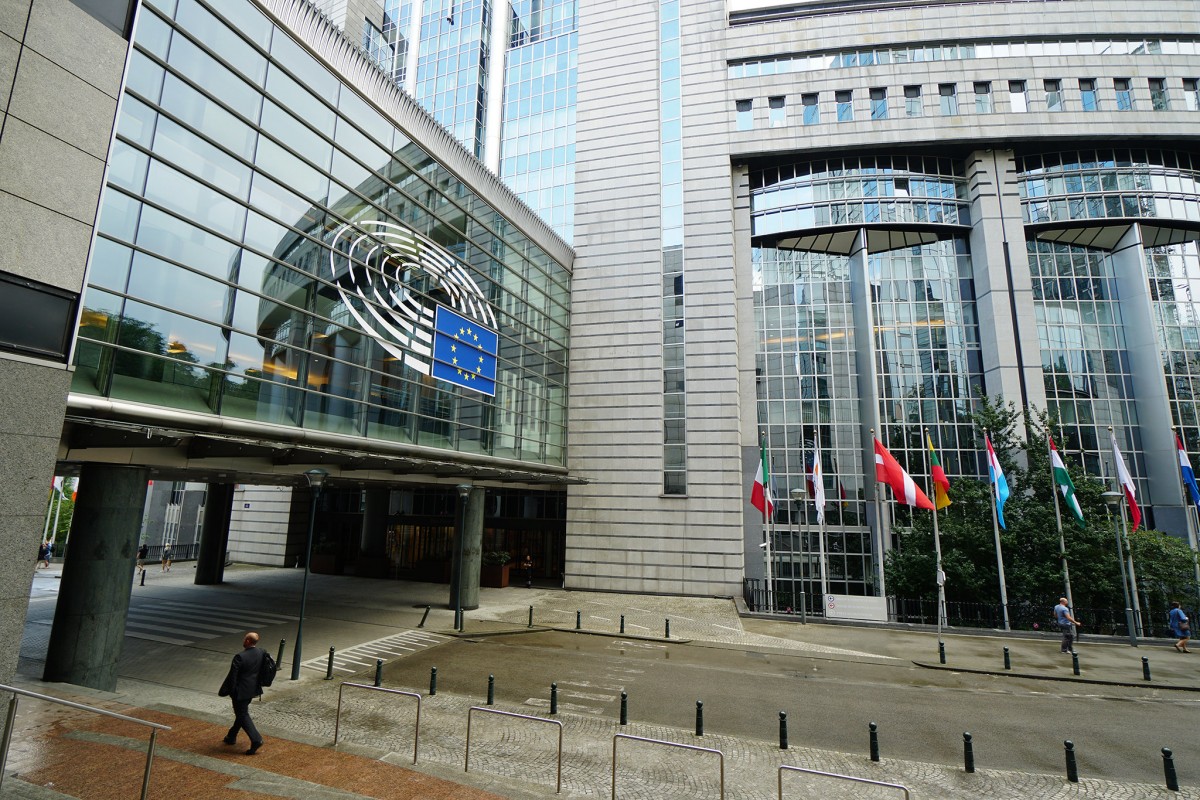EU Takes a Stand Against Forced Labor: Strengthening Ethical Trade and Human Rights
본문

This image is for illustrative purposes
only and is not directly related to the article. (Photo credit: flickr)
The European Union (EU) has taken a decisive step
in combatting forced labor by banning products made under exploitative
conditions. This landmark decision reinforces the EU’s commitment to human
rights and ensures greater accountability in global supply chains.
Under the new regulation, customs authorities are now empowered to block
imports and exports of goods suspected of being produced with forced labor.
This move aligns with the EU’s broader mission to eliminate exploitation and
promote fair, ethical trade practices across industries.
With growing global concerns over labor rights
violations, this initiative aims to prevent unethical products from entering
the market while encouraging businesses to strengthen their supply chain
transparency. Companies operating within the EU will need to ensure compliance,
as stricter enforcement mechanisms will hold violators accountable.
By closing market access to goods linked to forced labor, the EU sets a new
standard for responsible trade, urging businesses worldwide to adopt ethical
sourcing practices.
As industries adjust to this regulation, one thing is clear—the future of trade
must be built on fairness, dignity, and respect for human rights. (Source: Products
made with forced labour to be banned from EU single market | News | European
Parliament)



